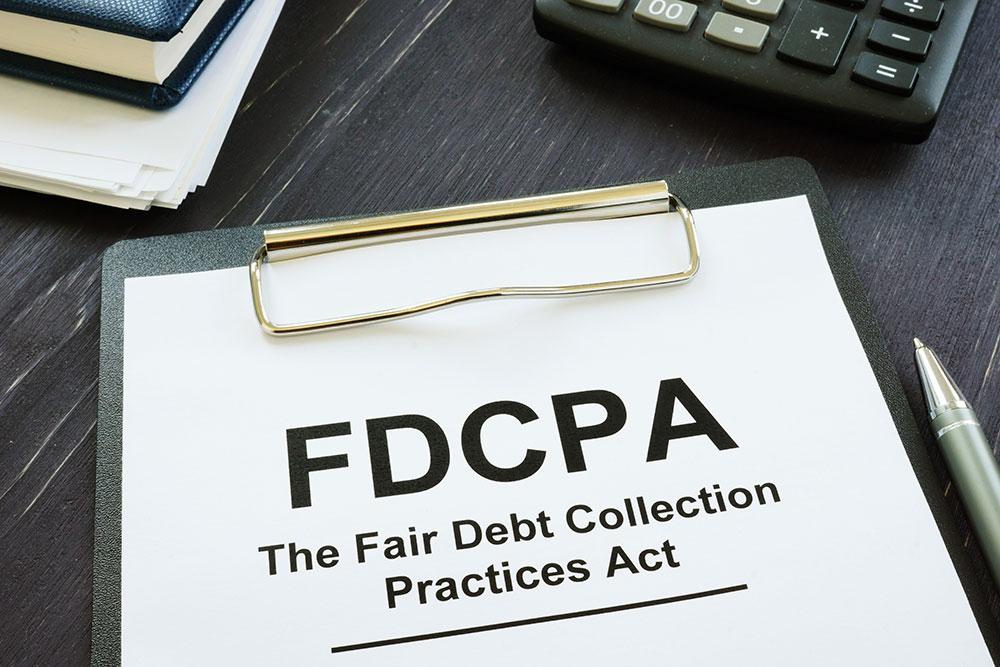 As a business owner, it's essential to know the difference between commercial and consumer debt. While consumer debt is highly regulated by the Fair Debt Collection Practices Act (FDCPA), commercial debt, also known as business-to-business (B2B) debt, is regulated by the Federal Trade Commission (FTC) but not as highly regulated as consumer debt. In this article, we'll focus on commercial debt collection and provide insights and tips on how to manage your accounts receivable effectively.
As a business owner, it's essential to know the difference between commercial and consumer debt. While consumer debt is highly regulated by the Fair Debt Collection Practices Act (FDCPA), commercial debt, also known as business-to-business (B2B) debt, is regulated by the Federal Trade Commission (FTC) but not as highly regulated as consumer debt. In this article, we'll focus on commercial debt collection and provide insights and tips on how to manage your accounts receivable effectively.
The Basics of Commercial Debt Collection
Commercial debt collection is a result of doing business with another business, while consumer debt involves doing business with an individual consumer or household. When dealing with commercial accounts receivable, it's important to understand what type of business entity you're dealing with. This information can usually be found through the Secretary of State where the business is located. It's important to determine if you're dealing with a Corporation, LLC, Partnership, or a Sole Proprietor.
If you're dealing with anything other than a Sole Proprietor, then only the business's assets can be considered to resolve the debt. Still, if you're dealing with a Sole Proprietor, then you can also pursue personal assets to secure the indebtedness. Additionally, even if they are a Corporation, LLC, or Partnership, if they have not maintained their "active" status through the Secretary of State by filing their annual reports, then it's possible that the Corporate Veil can be pierced, and they can be treated as a Sole Proprietorship due to the lapse in their filing. To ensure your position is correct, it's always best to have a professional who specializes in commercial debt recovery review any type of lapse.
Creating an Internal Accounts Receivable Process
When dealing with your internal accounts receivable, it's important to have a documented process in place with an event timeline. This would include specific dates and events that should take place on past due invoices to ensure your customers are paying in a timely manner. These should have time-sensitive events that would include invoices and statements being sent, calls being made, and letters being sent. An event procedure timeline gives each customer a framework in which to demonstrate their intentions. The steps taken, the timing of each step, and the time frame all depend on your company's policy and staffing. But what you have done is set up a procedure that gives your customer every benefit of the doubt and lets them make the decision as to whether they are a customer or debtor.
Working with a Commercial Recovery Partner
If you have a commercial recovery partner, they should be able to help you establish an internal process that will help you reduce your bad debt and write-offs. At Revenue Assurance Partners, we provide our clients with the tools they need to help establish an accounts receivable policy and an internal collection timeline and process.
In summary, commercial debt collection is an essential part of doing business. As a business owner, it's important to understand the difference between commercial and consumer debt and have a documented process in place to manage your accounts receivable effectively. Working with a commercial recovery partner like Revenue Assurance Partners can help you establish an internal process and reduce bad debt and write-offs. Give us a call at (866) 322-3328
Remember, a well-managed accounts receivable process can help ensure that you get paid on time and maintain healthy cash flow for your business.

